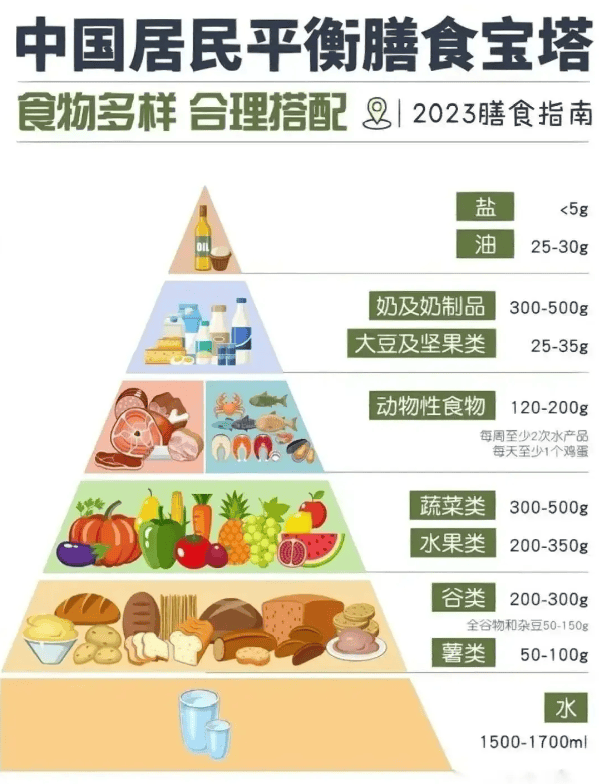During the process of losing weight, many people are familiar with the term dietary fiber. So, what exactly is dietary fiber? Why does it play such an important role in the weight loss process?
Dietary fiber, with its unique effects, has become a powerful assistant in the weight loss journey. Whether it’s regulating intestinal health or helping control food intake, it plays an irreplaceable role. Therefore, consuming dietary fiber appropriately during the weight loss process is undoubtedly a wise choice.
Dietary fiber is a type of carbohydrate found in plant foods that cannot be digested and absorbed by the body. It has many benefits and is very important for human health.
Firstly, dietary fiber helps promote the normal functioning of the digestive system. It can increase the volume of feces, making it easier to pass through the intestines. This helps prevent constipation and promotes intestinal health.
Secondly, dietary fiber can help control blood sugar levels. It slows down the digestion process, thereby slowing the rate of blood sugar rise. This is particularly important for individuals with diabetes.
Furthermore, dietary fiber helps control body weight. It increases the feeling of fullness, reducing food intake. This helps prevent overeating, thereby aiding in weight loss and maintaining a healthy weight.
Dietary fiber also helps lower cholesterol levels. It binds with cholesterol, preventing it from being absorbed into the bloodstream. This helps reduce the risk of heart disease and stroke.
Lastly, dietary fiber helps maintain the balance of intestinal flora. It serves as a prebiotic, providing nutrition for beneficial intestinal bacteria. This helps maintain intestinal health and improve immune system function.
In conclusion, dietary fiber is very important for human health. It helps promote the normal functioning of the digestive system, control blood sugar levels, manage body weight, lower cholesterol levels, and maintain intestinal health. Therefore, we should ensure an adequate intake of dietary fiber by increasing the consumption of vegetables, fruits, whole grains, and legumes.
Dietary Fiber in Foods
1. Staple Foods
Rice and steamed buns are commonly consumed staple foods, but modern production processes have made rice and flour increasingly refined, leading to a loss of dietary fiber.
2. Vegetables
Vegetables are rich sources of dietary fiber. Each person should consume at least 300 grams of vegetables daily. Fungi and fresh beans are rich in content. It is best to consume vegetables raw or lightly stir-fried to avoid excessive cooking, as it can lead to a loss of the food fiber in vegetables.
3. Fruits
The “Chinese Dietary Guidelines 2016” recommend consuming at least 200 grams of fruits per person per day. Hard-to-chew fruits such as apples, pears, and dates contain more dietary fiber, while fruits with soft tissue like watermelon and peach have relatively lower content.
4. Nuts
Nuts are also rich in unsaturated fatty acids, offering various health benefits. However, as they are high in fat content, consuming around 20 grams per day is sufficient.
Dietary fiber, with its unique effects, has become a powerful assistant in the weight loss journey. Whether it’s regulating intestinal health or helping control food intake, it plays an irreplaceable role. Therefore, consuming dietary fiber appropriately during the weight loss process is undoubtedly a wise choice.


